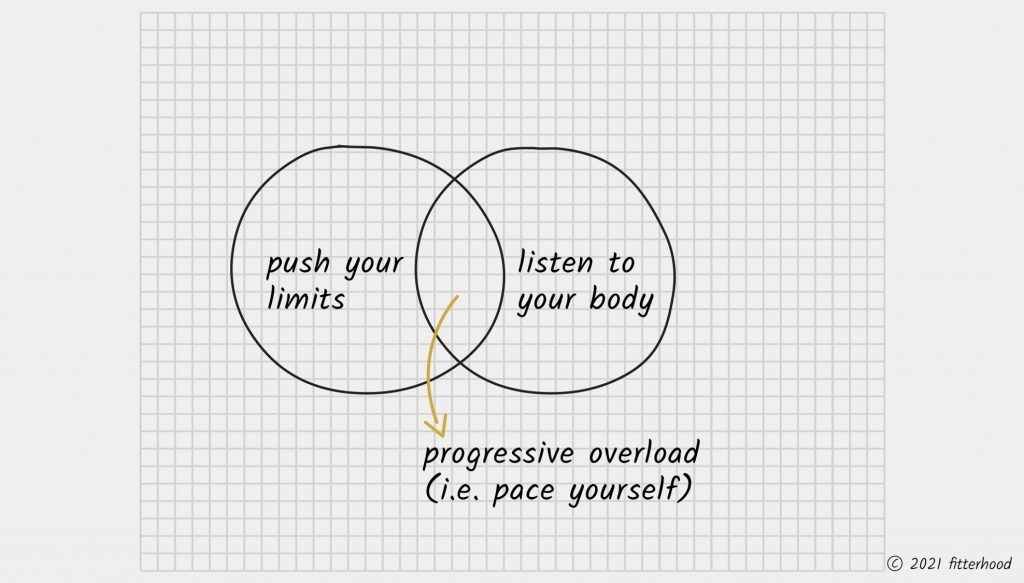What about exercise and stress?

Exercising can be viewed as a positive stress to the body (unless you are overtraining). There are several physiological and biochemical adjustments required by our body to properly respond to the physical stress of exercise: i.e., to generate more energy and muscular force.
The role of the Endocrine System is central in regulating many of these adjustments. It works closely with the nervous system to:
1. prepare the body for exercise, accelerate the metabolism, heart rate, and breathing, as well as stress hormone release.
2. restore homeostasis (state of internal balance) after exercise stress, because working out triggers a fight or flight response.
Epinephrine and norepinephrine secreted by the adrenal glands (hence more commonly known as adrenaline and noradrenaline) are stress hormones and act as neurotransmitters. They play a critical role in the adjustments necessary to sustain exercise.
There are much more hormones to this story, but to make it short, the quantity of epinephrine released by the adrenal glands is directly related to exercise intensity. The greater the exercise intensity, the more the adrenaline released, the harder the adrenals must work.
Training puts positive stress on your body. Unless is it no longer positive.
Pace yourself and manage your recovery.

